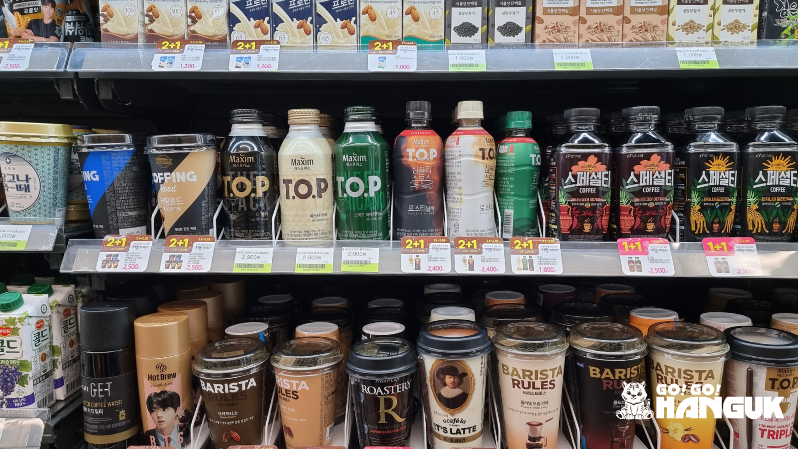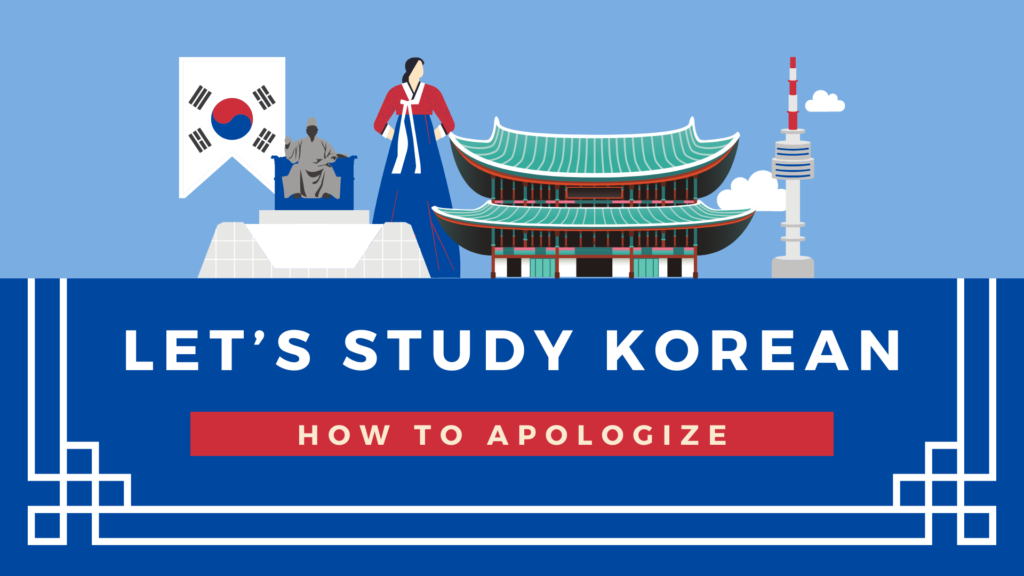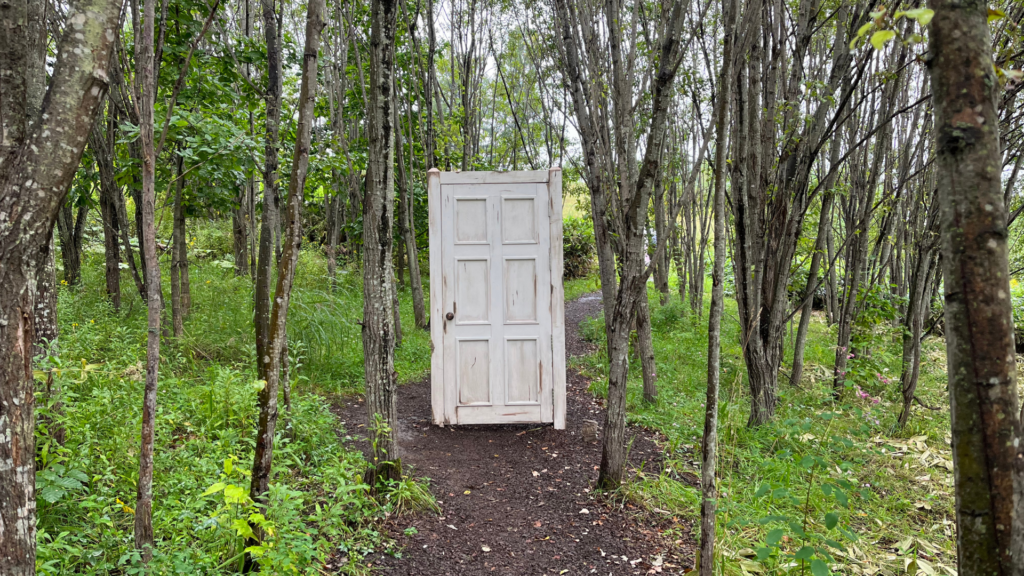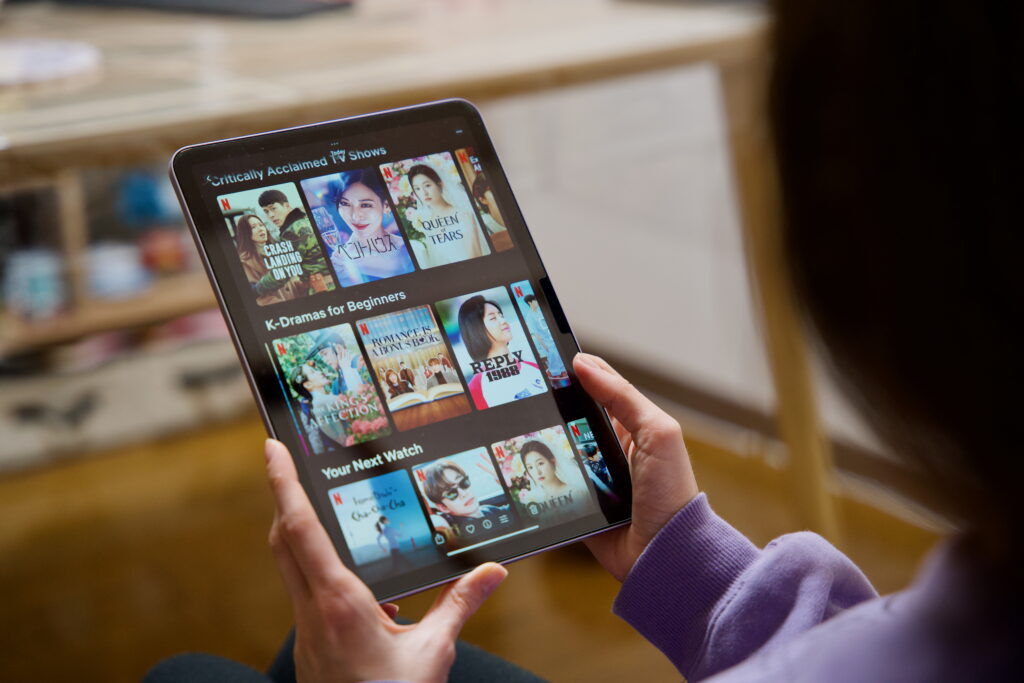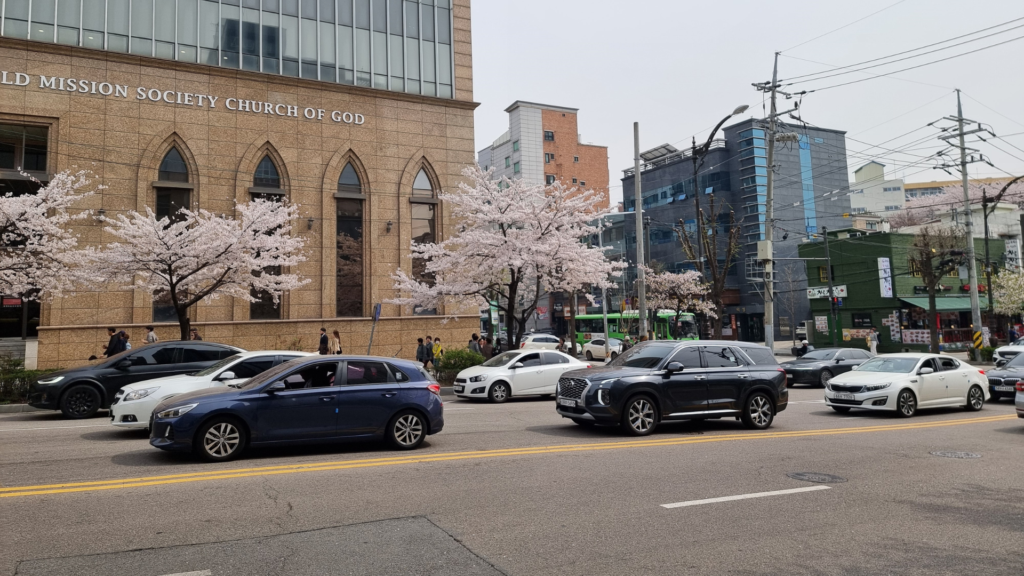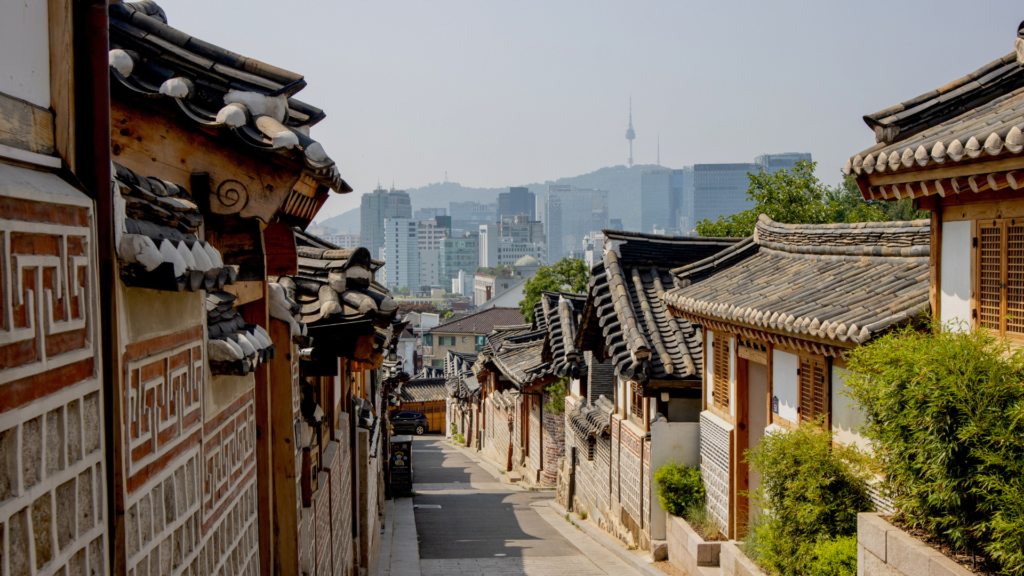Wherever you are in South Korea, there will always be a convenience store (pyeoneuijeom) where you can get food – it could be your lunch in a nice dosirak, kimbap, snacks or something else. But what are the most useful Korean phrases used in convenience stores? In this article, we’ve put together a guide to the most common expressions you’ll hear in Korea.
6 Korean phrases used at convenience stores
1. Annyeonghaseyo vs. eoseo-oseyo
Obviously, the first thing you’ll need to do upon entering a convenience store is to say hello. One of the Korean phrases used in convenience stores is indeed a good old annyeonghaseyo (안녕하세요) comes in handy. However, the salesperson will probably respond with a different expression, namely eoseo-oseyo (어서오세요). The expression has a funny origin because it literally means “come in quick”, but it is now commonly used to welcome customers when they enter various shops. Just make sure you don’t use it with the staff thinking you’re responding to their greeting!

2. Jamkkanmanyo
If you’re in the checkout line and you see the cashier is busy with something else, they might ask you to wait a moment and then say jamkkanmanyo (잠깐만요), which literally means “just a moment”. It’s an expression that is widely used in various contexts, not just in convenience stores.
3. Bongtu pilyohaseyo?
If you have bought a few things, the staff might ask you if you need a bag, using the expression bongtu pilyohaseyo? (봉투 필요하세요?). If you need it, simply answer yes (ne, 네), and if you don’t, answer gwaenchanhayo (괜찮아요), which literally means “it’s okay”. If you’re not asked if you want the bag, but you do need it, you can ask for one yourself with the expression bongtu jul su isseoyo? (봉투 줄 수 있어요?), which is a polite way of asking if they can give you a bag.
4. Yeongsujeung pilyohaseyo?
In Korea, they are not obliged to give out receipts to customers as the sale is already recorded in the till, so you will often be asked yeongsujeung pilyohaseyo? (영수증 필요하세요?). With this expression, they are asking you if you need the receipt and again, the answers will be “ne” (yes) or “gwaenchanhayo” (no). You may need it to double-check your expenses back home or to claim some kind of refund. However, if you don’t need it, waste is directly avoided. Again, if you want the receipt but aren’t asked for it, you can request it by saying yeongsujeung jul on isseoyo? (영수증 줄 수 있어요?).
5. Igeon seobiseu-yeyo
Korean convenience stores often offer discounts and deals, and it may happen that if you buy some products, you get some free ones. In this case, when the salesperson adds these extra products to your shopping, one of the Korean phrases used in convenience stores you hear will be igeon seobiseu-yeyo (이건 서비스예요), which means that the product is free.
Among the offers available, you will very often find 1+1 (one plus one, 원 플러스 원), whereby you can buy one product and get the same one for free(buy one get one free). This is a very common offer in Korean convenience stores.
6. Gamsahamnida
When you’re done shopping, all you have to do is say thank you and leave with a nice gamsahamnida! (감사합니다). The staff will either do the same or just say “ne”(yes in Korean).
That’s the end of our list of Korean phrases used in convenience stores that you might want to know on a trip to Korea.
To learn more about Korean language and culture, continue to follow theGo! Go! Hanguk blog, our TikTok account and do not hesitate to contact us about living and studying in Korea.

